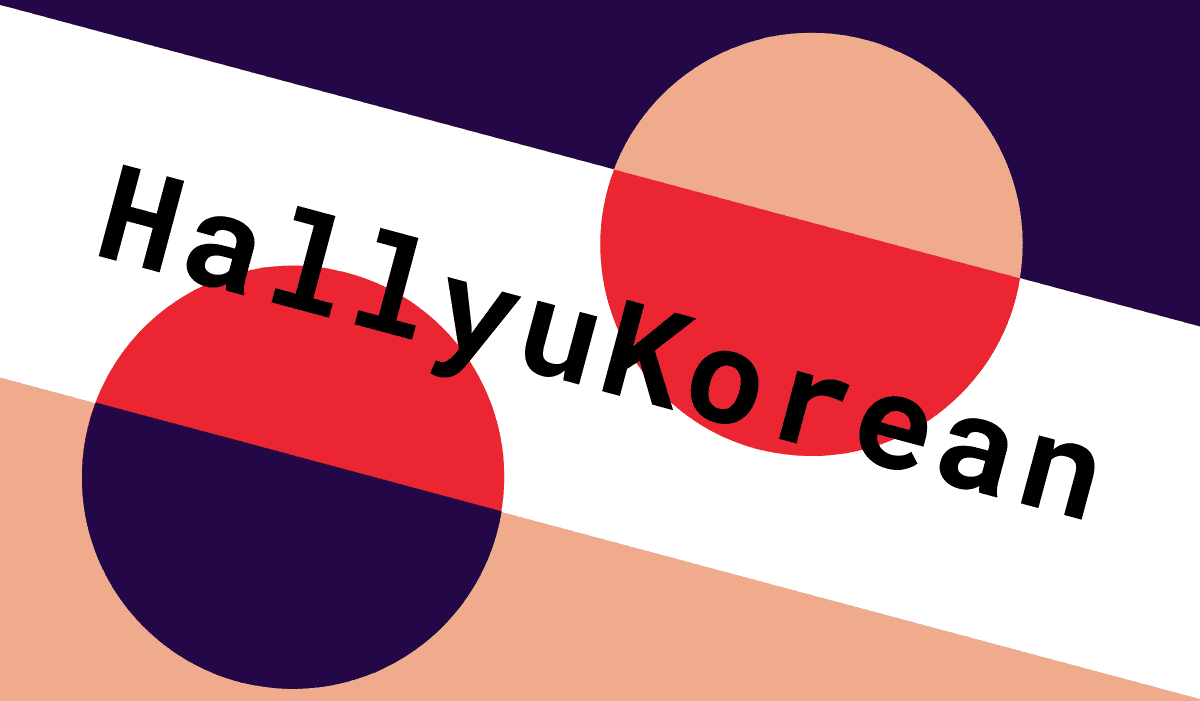Welcome back. This is the 19th post in the series of 1000 Korean words for everyday use by analyzing the word frequency of more than 1,000 episodes of Korean dramas.
Today, let’s explore the meaning and context of 5 key Korean words “어쩌다, 다시, 부모님, 그래서, 당신” with sample sentences.
Click the play button below to listen to all the words and sample sentences in this post.
Basic Korean words : 어쩌다, 다시, 부모님, 그래서, 당신
91. 어쩌다 [eo-jjeo-da] – accidentally, by chance
– 어쩌다 [eo-jjeo-da] means “accidentally” or “by chance”, indicating an unexpected or unplanned situation.
Example sentences:
어쩌다 그 장소를 발견했어요. I just happened to find the place.
92. 다시 [da-si] – again, once more
– 다시 [da-si] means “again” or “once more”, suggesting repetition or a return to a previous state.
Example sentences:
다시 시작해 보자. Let’s start again.
93. 부모님 [bu-mo-nim] – parents (polite)
– 부모님 [bu-mo-nim] is a polite way of referring to “parents”.
– 부모 [bu-mo] is the less formal term for “parents”.
Example sentences:
부모님은 오늘 도시로 갔어요. My parents went to the city today.
부모가 자녀와 함께 무엇을 해야 한다고 생각하시나요? What do you think parents should do with their children?
94. 그래서 [geu-rae-seo] – so, therefore
– 그래서 [geu-rae-seo] means “so” or “therefore”, indicating a logical consequence or reason.
Example sentences:
그래서 얼만데? So how much is it?
95. 당신 [dang-shin] – you (formal) / darling
– 당신 [dang-shin] is a formal way of addressing “you”. 당신 can also be used as a term of endearment, such as “darling” between husband and wife.
Example sentences:
당신 하자는 대로 할게. I’ll do what you want.
여보, 당신은 걱정하지 말아요. Honey, don’t worry.
Grammar & Study Resources
In Korean, the honorific “님” is added to names or titles as a form of respectful address. This reflects the cultural value placed on showing respect and courtesy to others. Using “님” indicates a level of deference that acknowledges the other person’s position, role or relationship.
For example, when addressing someone by their name, adding “님” indicates a respectful tone. However, the honorific “님” is actually added to full names, not just surnames.
In addition, “님” is often added to titles to convey respect:
At the workplace, when addressing a supervisor: “Manager님”
In a religious context, when addressing a pastor: “Pastor님”
In Korean culture, the proper use of honorifics and titles is important in maintaining harmonious interactions and showing consideration for others. This aspect of the language emphasizes the importance of respect and politeness in Korean communication.
If you want to learn more about Korean honorifics, you can learn Korean honorifics at the following website.
Korean Honorifics: Important Titles, Words, & Phrases

